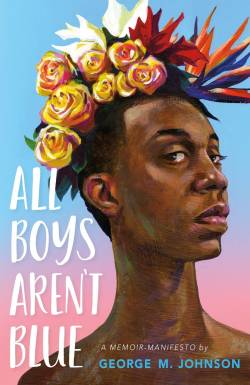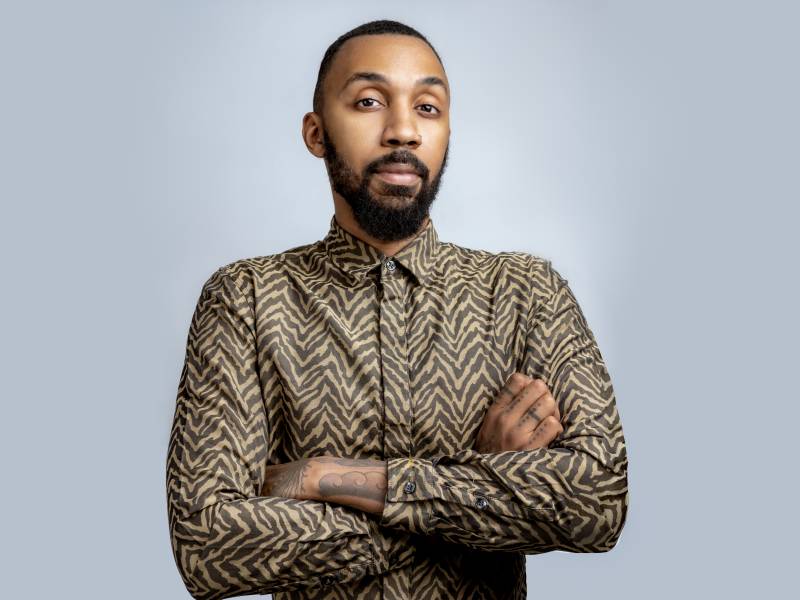George M. Johnson's young-adult memoir All Boys Aren't Blue has become one of the most banned books in the U.S.
The book is about growing up Black and queer, and always feeling different but not having the words to express it. Over the past couple of years, at least 29 school districts have banned the book because of its LGBTQ content and for being sexually explicit.
"Any time you write a book where you write about your truth, there are going to be people who want to silence that truth," Johnson, who uses they/them pronouns, tells Morning Edition's Leila Fadel.
PEN America, a group that advocates for freedom of expression, says more than 1,600 books about gender and race were banned in more than 130 districts between 2021 and 2022, in what it calls a growing movement to censor books in schools. Taken together, the bans impacted some 4 million students at more than 5,000 schools.
Johnson worries about schools censoring works like theirs.

"The curriculum that is being taught in most school systems is still heavily geared towards the straight, white, male teen," Johnson says. "And so when we now have the ability to put books into curriculum that tell other stories, that tell stories that are non-white, that tell stories that are non-heterosexual, they're trying to take them out across the board because, you know, it's like, 'Oh, my God, how dangerous would it be if young white teens had to actually learn about the other people who exist in society with them?'"
"All Boys Aren't Blue" is bigger than Johnson's story
Johnson's book is still on the shelves in the New Jersey school district where they grew up, even though it has faced challenges in their home state. They say that some of their former classmates are now high school teachers, and recognize the book's value for students who may be struggling with questions about their own identities.



9(MDAxOTAwOTE4MDEyMTkxMDAzNjczZDljZA004))